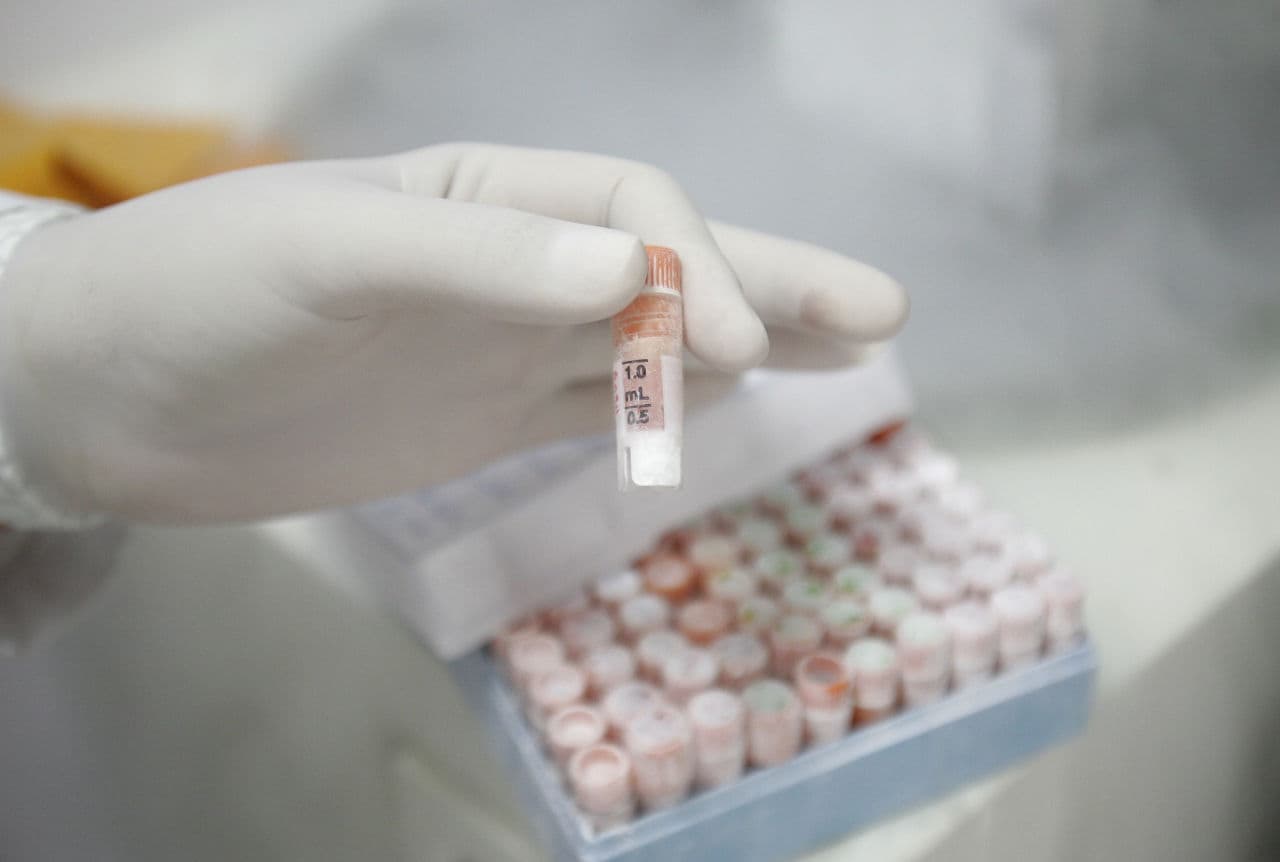Advertisement
How Gene Editing Could Break The Rules Of Evolution
Human gene editing is in the spotlight. We talk with young, superstar scientist Kevin Esvelt about the future of edited evolution.

The science of gene editing is moving fast now. Genetic engineers armed with new tools are reaching into the basic code of life, probing ever more ambitiously for ways to end disease, make crops immune to blight. My guest today is in the vanguard that increasingly sees genetics as nature’s software. And humans as rapidly gaining capacity to rewrite the code. Reprogram organisms, including ourselves. This is thrilling and frightening, and is going to require a lot of public attention and debate. This hour On Point, evolutionary engineer Kevin Esvelt, on the future of our species and many others.
-- Tom Ashbrook
Guest
Kevin Esvelt, evolutionary biologist and engineer and fellow at the Wyss Institute for Biologically Inspired Engineering at Harvard Medical School. (@kesvelt)
From Tom's Reading List
WSJ: Gene editing credited with eliminating an infant's aggressive cancer in London — "A novel gene-editing technique has been used to eliminate an infant’s aggressive cancer, a small but significant step in the quest to treat deadly diseases by altering the human genome. When conventional treatments including chemotherapy and a bone-marrow transplant didn’t work, the girl was given just weeks or months to live. Her doctors then used gene editing to make special cells that would destroy the cancer. A few weeks after the designer cells were injected, her leukemia disappeared. Three months later, it remains at bay."
WIRED: Easy DNA editing will remake the world. Buckle up. — "The technique is revolutionary, and like all revolutions, it's perilous. Crispr goes well beyond anything the Asilomar conference discussed. It could at last allow genetics researchers to conjure everything anyone has ever worried they would—designer babies, invasive mutants, species-specific bioweapons, and a dozen other apocalyptic sci-fi tropes. It brings with it all-new rules for the practice of research in the life sciences. But no one knows what the rules are—or who will be the first to break them.
NPR: Powerful 'gene drive' can quickly change an entire species — "Esvelt and other scientists working with gene drives dismiss concerns that the technology might be used by terrorists. They argue that terrorists have much easier ways to attack. But they acknowledge that the technology is so potent that scientists have to proceed very carefully. 'There are profound ethical issues here," Esvelt says. "That's why we need to handle this differently from the way that we traditionally handle scientific advances,' he says."
This program aired on November 9, 2015.